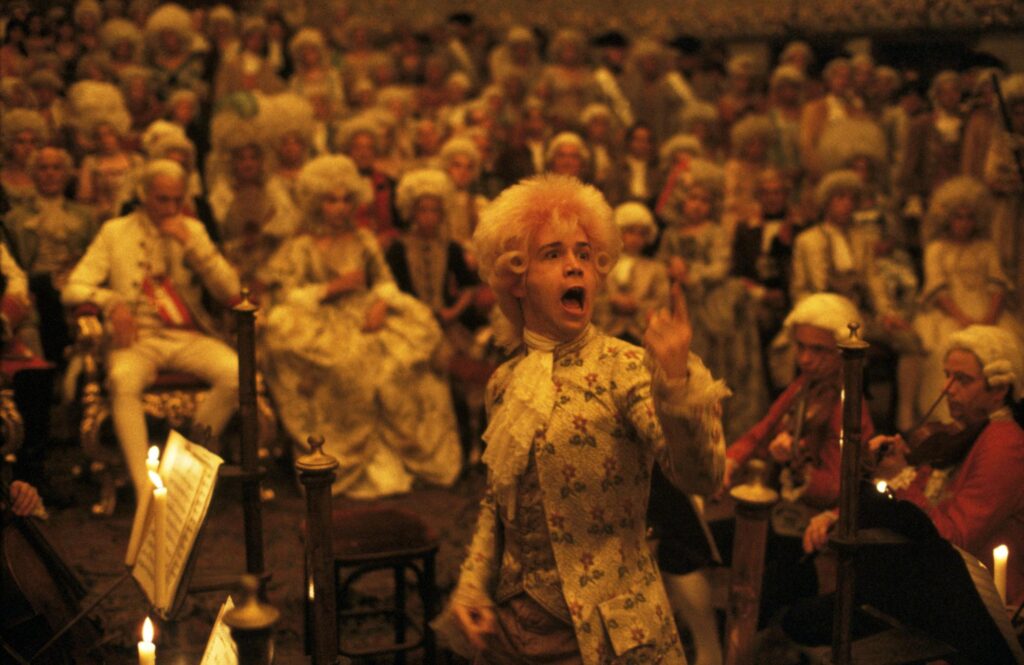“How much do you make?” This seemingly straightforward question kicks off Celine Song’s Materialists, launching an interesting examination of the uncomfortable realities beneath modern romance. In an era marked by rising divorce rates, a global loneliness epidemic, and plummeting birth rates, calling the current state of romantic relationships “off” feels like an understatement.
Like Past Lives, Song’s sophomore feature cuts through the polite facades of human interaction and exposes the raw, often uncomfortable truths of the human condition. In Materialists, audiences are invited to consider a pointed question: What makes a person valuable? Is it generational wealth? Physical attractiveness? Or is it the ability to impress one’s relatives, thereby validating one’s own worth in their eyes?

Interestingly, Materialists is most compelling when it defies the expectations set by its own marketing. Through Lucy (Dakota Johnson), the film quietly reveals how often relationships resemble business transactions — a means of gaining access to a family network, securing social capital, or harvesting validation. In an era dominated by dating apps and algorithmic matchmaking, the A24 romantic film prompts viewers to reflect on the proverbial dating “checklist”, and how those criteria often reveal more about the person making them than the people they’re meant to filter.
Anchored by her two romantic interests, Materialists presents Harry (Pedro Pascal) and John (Chris Evans) as equally valid yet fundamentally different partners for Lucy. Harry, dubbed a “unicorn” within the film’s own language, represents the ideal man in the dating world — wealthy, emotionally available, and unbothered by traditional gender dynamics. He’s the embodiment of what many might call a “catch”. John, on the other hand, is Lucy’s former flame, someone who seems to understand her in ways she may not fully understand herself. But Materialists resists the familiar trope of two men vying for a woman’s affection. The true tension lies not in their rivalry, but in Lucy’s internal conflict: a struggle between competing worldviews, value systems, and versions of herself. Her choice isn’t simply between two men, it’s between two visions of what love, security, and selfhood might mean.

In a world increasingly shaped by unchecked capitalism, Lucy’s dilemma reflects a tension many modern women (and men) can relate to: the desire for both material stability and a partner who offers emotional and spiritual connections. Materialists is refreshingly candid about how today’s relationship economy, governed by metrics and expectations, can spiral out of control. This is most strikingly illustrated in a failed match Lucy sets up, which unravels in disturbing ways. When human relationships are treated like transactions and the natural order of connection is pushed to its breaking point, the result can be something volatile — and ultimately irredeemable.






